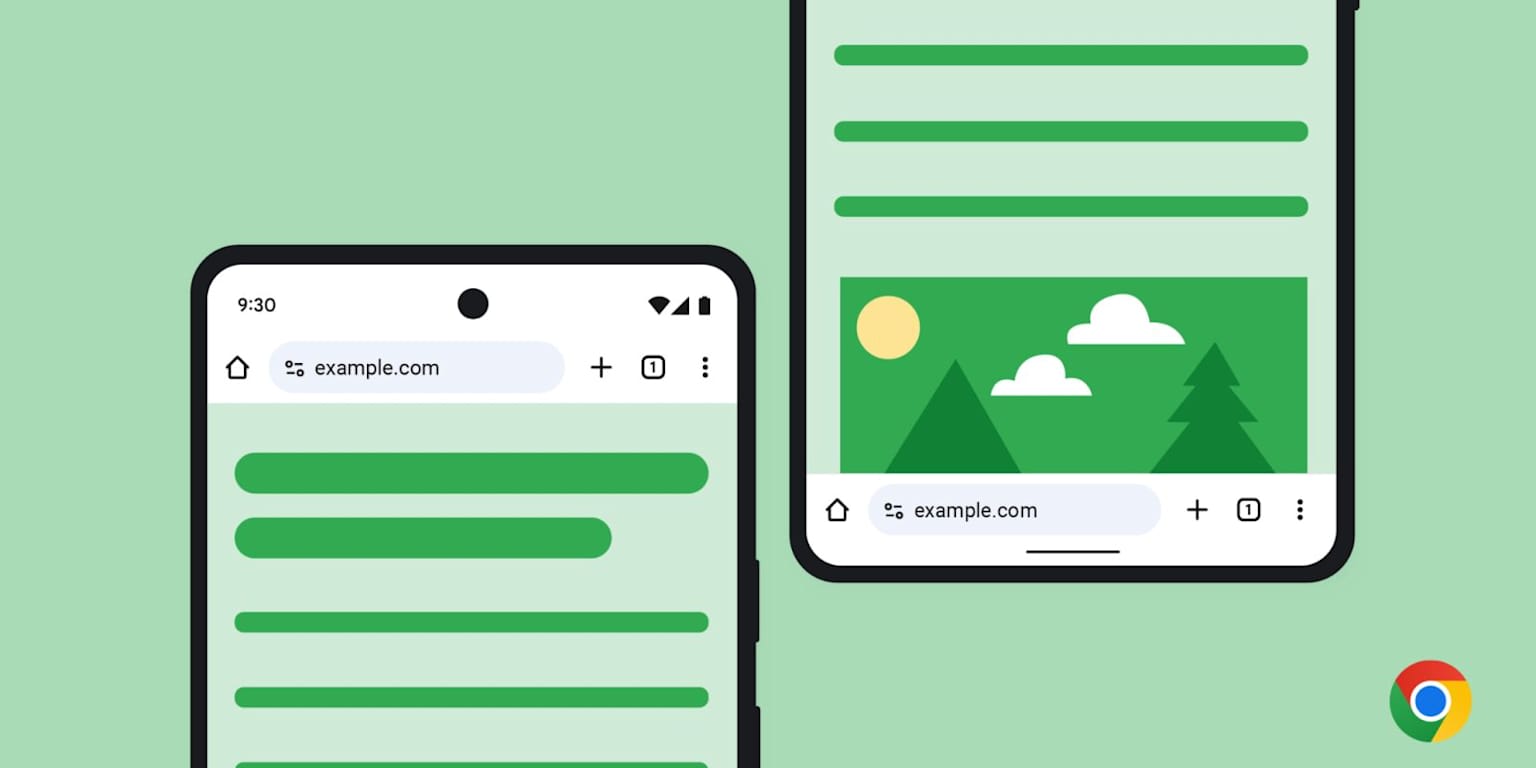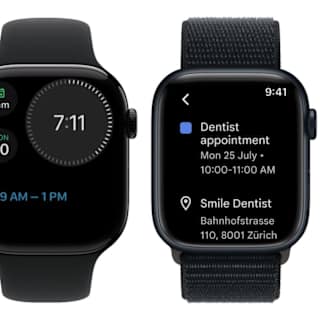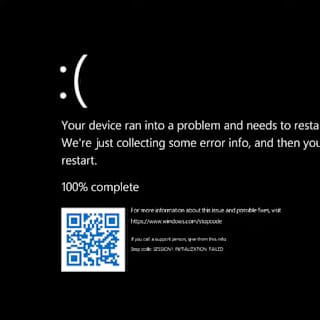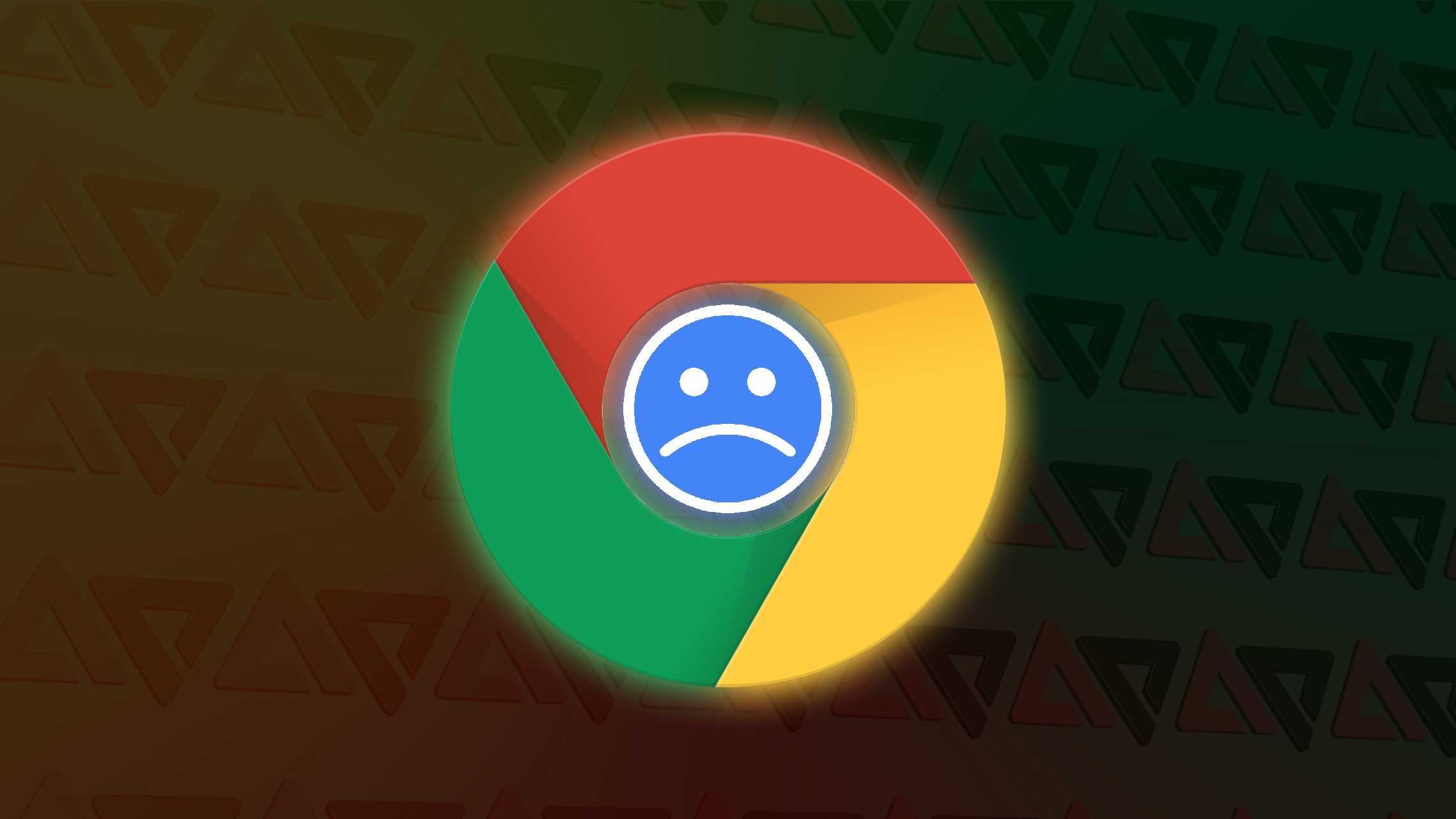- Address Bar Modernization Finally Arrives
- Older Android Versions Lose Support
- Strategic Shift Toward Modern Platforms
Google announced two major changes to its Chrome browser for Android devices on Tuesday, introducing a long-awaited bottom address bar option while simultaneously ending support for older Android versions.
The tech giant began rolling out the ability to move Chrome's address bar to the bottom of the screen, a feature that brings the Android browser in line with design changes Apple made to Safari in 2021. Concurrently, Google confirmed that Chrome version 138 will be the final release to support Android 8 Oreo and Android 9 Pie, with Chrome 139 scheduled for August 5 requiring Android 10 or newer.

Chrome users can now relocate the browser's address bar by long-pressing on it and selecting the bottom placement option, or by adjusting settings in the browser's configuration menu12. The change positions the address bar closer to where users typically hold their phones, enabling more comfortable one-handed typing on increasingly large smartphone screens.
"Depending on the size of your hand and your device, one address bar position may feel more comfortable than the other," Google stated, framing the update as a customization feature rather than a mandatory change2. The company learned from Apple's controversial initial rollout, which faced user backlash when the floating address bar initially blocked website elements.
However, the implementation remains incomplete. The three-dot overflow menu and options like bookmarks and history still appear at the top of the screen, requiring users to reach upward despite the address bar's new bottom placement34.
The support termination affects devices running Android 8 Oreo, released in August 2017, and Android 9 Pie from 201812. According to global usage statistics, Android 8 still operates on over 4% of devices worldwide, while Android 9 powers approximately 5.8% of active Android devices1.
Users on these older systems can continue using Chrome 138 but will miss future security updates and new features. "If you are currently running Android 8 or 9, we encourage you to upgrade to a supported Android version," Chrome Support Manager Ellen T wrote in a forum post3.
This marks the second time in recent years Google has pruned Chrome's Android compatibility, following the November 2023 decision to end support for Android 7 Nougat12. The moves reflect Google's broader effort to streamline support and optimize Chrome for more recent Android versions.
For users unable to upgrade their devices, alternative browsers like Firefox continue supporting Android 5 and newer versions2. The changes particularly impact budget device users in Asia, Africa, and Latin America, where older Android versions remain more prevalent.






